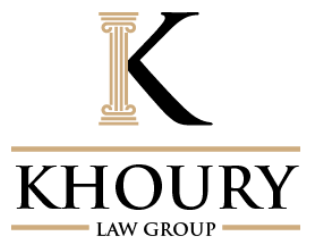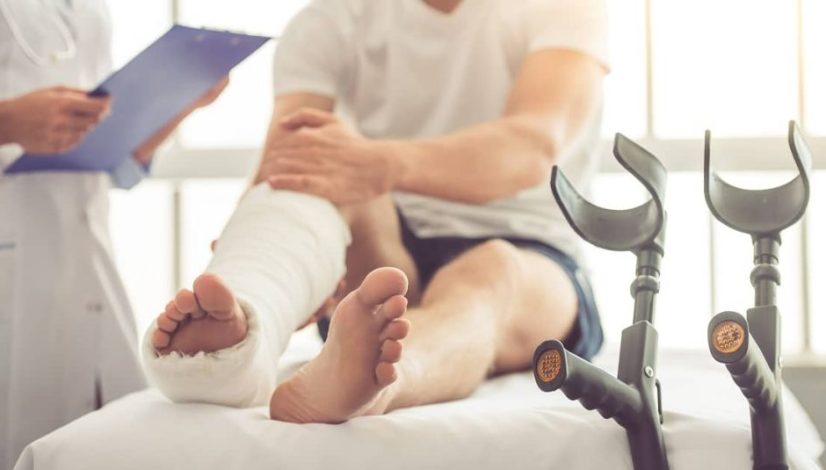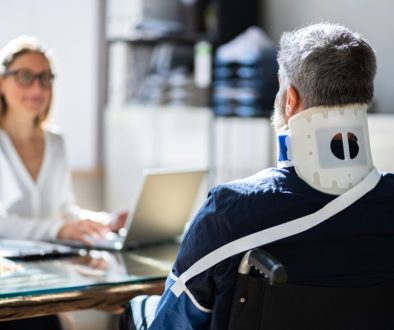What Happens If the Other Driver or Party Has No Insurance?
Getting into an accident is stressful enough—but discovering that the other driver has no insurance can make things even more complicated. You may be left wondering who will pay for your medical bills, car repairs, or lost wages. The good news is that even if the at-fault driver is uninsured or underinsured, you still have several options for recovering compensation.
Understanding the Problem
In most states, drivers are required by law to carry minimum levels of auto insurance. Unfortunately, not everyone follows the rules. If you are hit by an uninsured or underinsured driver, it often means that the person who caused the accident does not have enough coverage—or any coverage at all—to pay for your damages.
1. Filing a Claim Under Your Uninsured Motorist (UM) Coverage
If you have uninsured motorist (UM) coverage as part of your own auto policy, this is often the first place to turn. UM coverage is designed specifically for situations where the other driver:
- Has no insurance at all, or
- Flees the scene in a hit-and-run accident.
Your insurance company will essentially step into the shoes of the at-fault driver and cover your injuries and property damage up to the limits of your policy.
Example:
If your UM limit is $100,000 and your medical expenses and lost wages total $85,000, your insurance could cover the full amount, minus any applicable deductible.
2. Underinsured Motorist (UIM) Coverage
In some cases, the other driver has insurance—but not enough to fully compensate you. That’s where underinsured motorist (UIM) coverage comes in.
After you’ve collected the maximum amount from the at-fault driver’s policy, your UIM coverage can fill in the gap between their limit and your actual damages.
Example:
If the other driver’s liability limit is $25,000, but your medical expenses are $60,000, your UIM policy can cover the remaining $35,000 (subject to your policy limits).
3. Collision Coverage for Property Damage
Even if the other driver is uninsured, you may still have protection for your vehicle through collision coverage on your own policy.
Collision coverage helps pay for repairs or replacement of your car, regardless of who caused the accident. You will likely have to pay a deductible, but it can save you from covering the full cost of repairs out-of-pocket.
4. Suing the Uninsured Driver Personally
You can technically file a lawsuit against the uninsured driver directly. However, this option is often less practical.
In many cases, uninsured drivers lack significant assets, which means that even if you win a judgment, collecting the money may be difficult or impossible. Attorneys often advise exploring all available insurance coverage before considering personal lawsuits against uninsured individuals.
5. Medical Payments (MedPay) or Personal Injury Protection (PIP)
Some insurance policies include MedPay or Personal Injury Protection (PIP) coverage, which pays for medical bills regardless of fault.
These coverages can help you get treatment immediately without waiting for an insurance settlement. PIP can also cover lost wages and other related costs, depending on your state.
6. Reporting the Uninsured Driver
In many states, failing to carry insurance can result in penalties such as license suspension, fines, or vehicle impoundment. You should report the uninsured driver to law enforcement and your state’s Department of Motor Vehicles.
While this won’t provide compensation directly, it ensures that proper legal actions are taken and creates a record for your insurance claim.
7. Hiring an Attorney
Uninsured and underinsured motorist claims can be complex. Insurance companies sometimes delay or deny valid claims, arguing over liability or damages.
An experienced personal injury attorney can:
- Review your insurance policy and identify all potential sources of recovery.
- Negotiate with your insurer to maximize compensation.
- File a lawsuit if your claim is unfairly denied.
Key Takeaway
If you are hit by an uninsured or underinsured driver, you are not automatically out of options. Your own insurance policy may provide valuable coverage through UM, UIM, collision, or PIP benefits. Acting quickly—by notifying your insurer, documenting the accident, and consulting with a lawyer—can help you protect your rights and recover the compensation you deserve.
Need legal help? In California, navigating legal challenges, whether they involve personal injury, workers’ compensation, criminal defense or civil litigation, can be overwhelming. Khoury Law Group is here to provide the critical legal support you need. As a leading advocate for individuals facing legal battles, our experienced attorneys understand the complexities of the legal system and are committed to fighting for your best interests. With personalized legal strategies and compassionate support, we are dedicated to achieving the justice and compensation you deserve.
CONTACT US FOR HELP. Call us at (888) 354-6879 or fill out the form on our Contact page.





